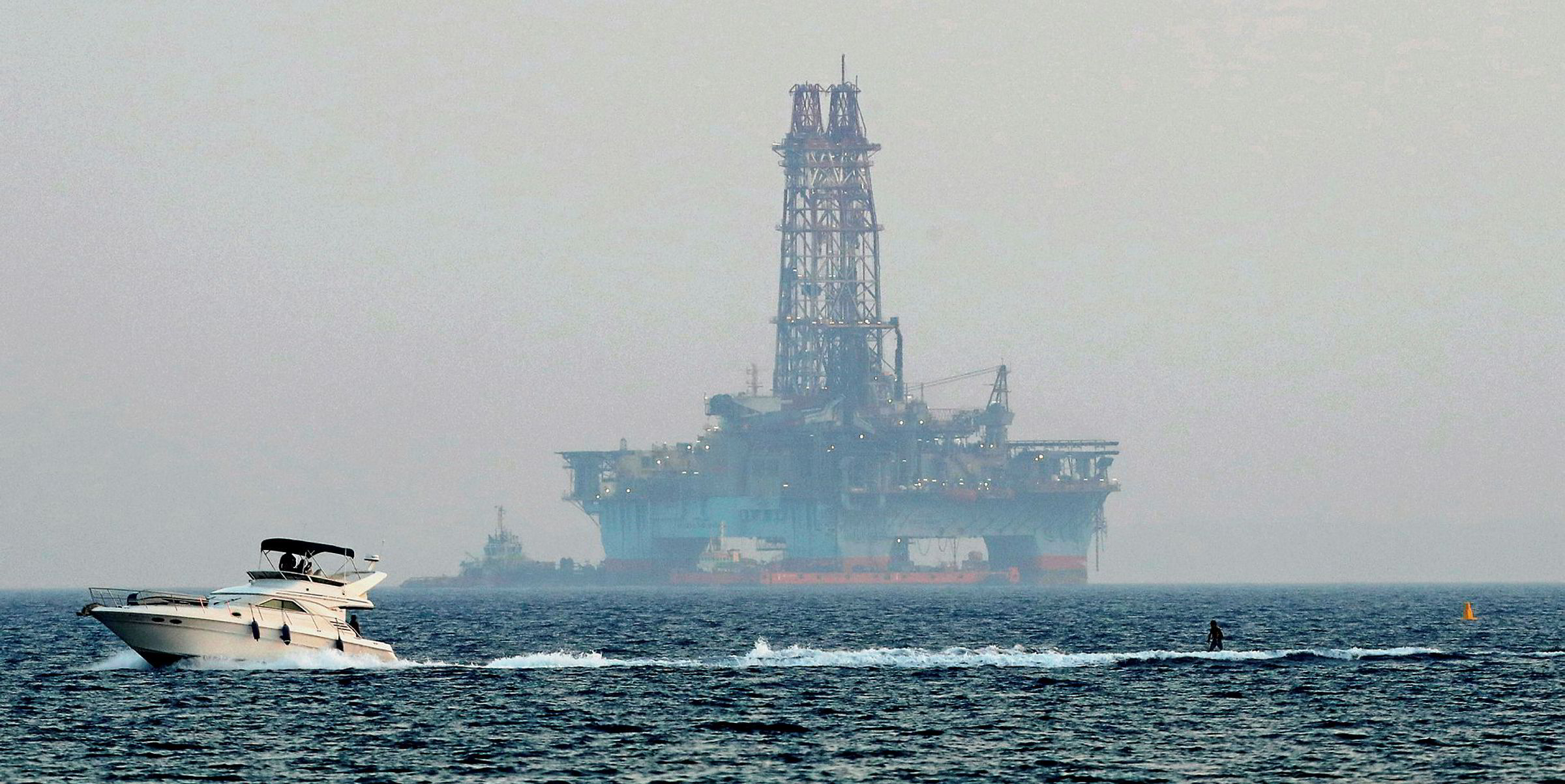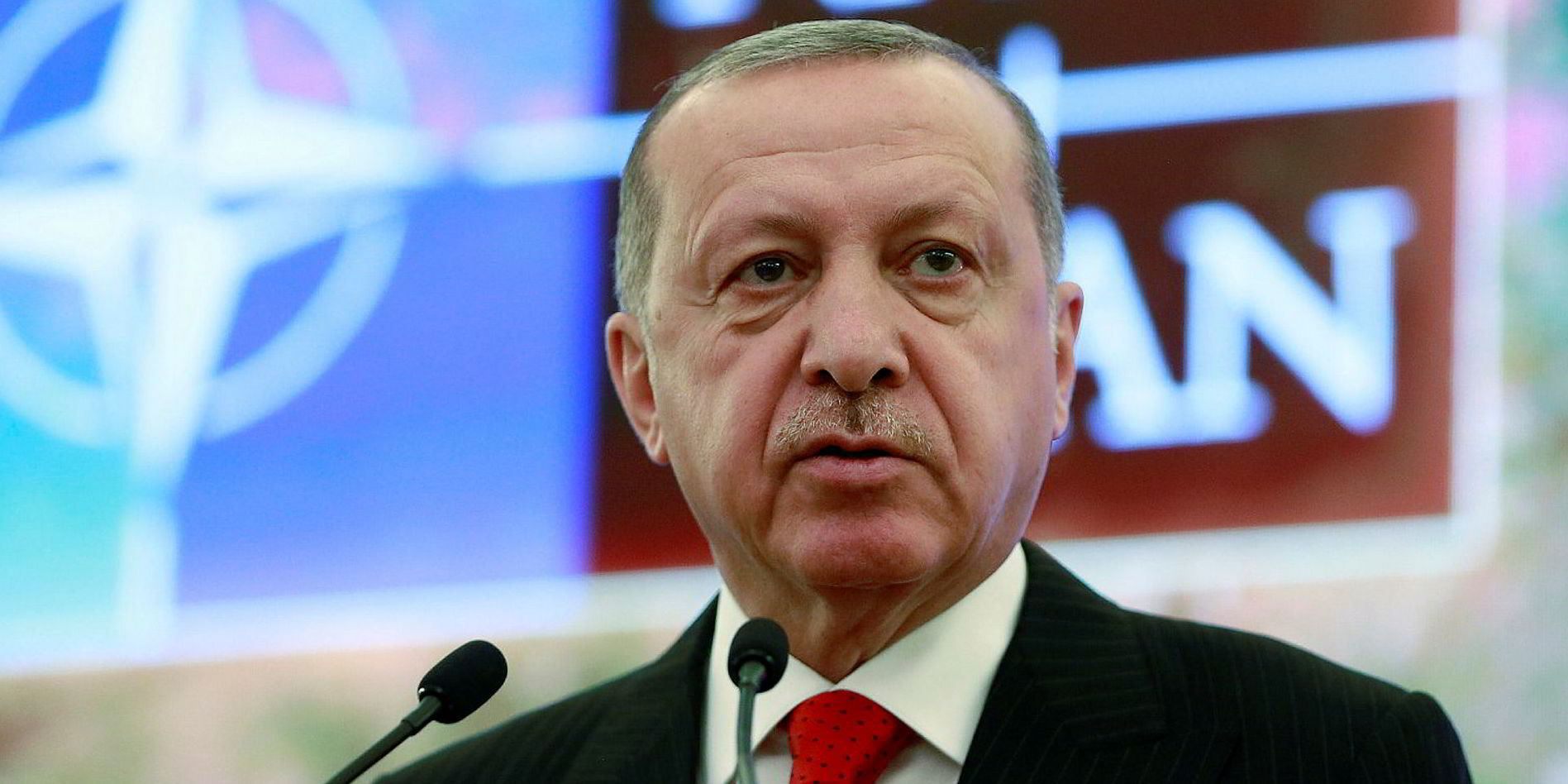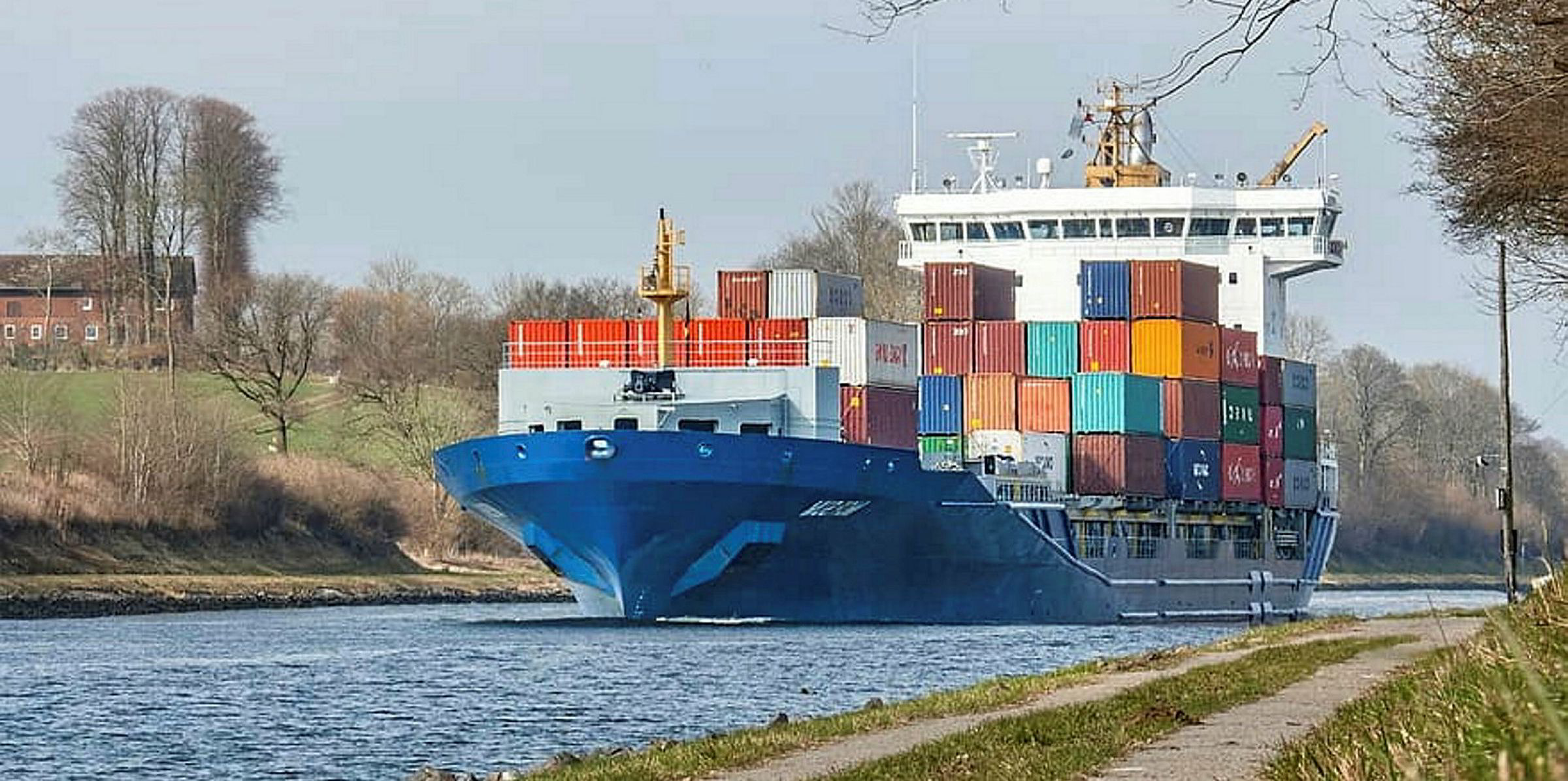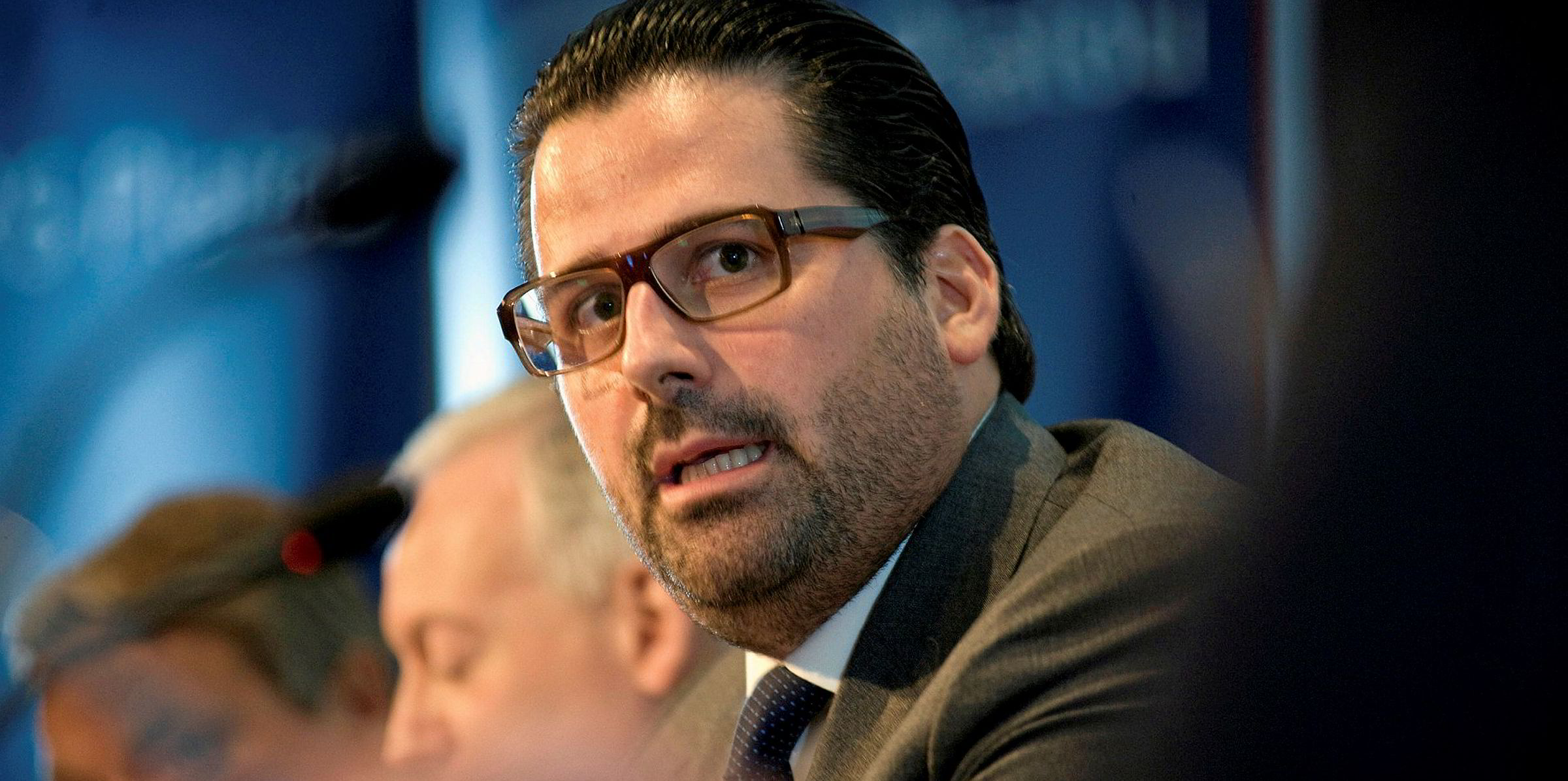Shipbroker Gibson this week highlighted the dangers to the tanker market of growing political tension between Turkey and Greece.
Last weekend, Turkish armed forces began military exercises on the disputed north of Cyprus under the banner “Mediterranean Storm”.
There were similar, but rival, exercises by Turkey and Greece near the Greek island of Crete last month.
Meanwhile, there are still major international tensions off Turkey’s Black Sea coast, where more vessels have been removed from their flag registers after calling at Crimean ports annexed by Russia in a dispute with Ukraine.
This follows the US boycott of Chinese shipowners calling at Iranian ports, along with similar US action against Russian companies exporting oil from Venezuela.
And then of course there is a full-blown trade war still going on between the world’s two biggest trading nations, the US and China.
New breed
Is there a pattern here? You could argue the complex weave of geopolitics has always created tension for the maritime industry.
After all, there were the Arab embargoes and the oil price shocks of the 1970s, anti-apartheid boycotts of South Africa and World War II before that.
But the election of a new breed of more overtly nationalist leaders — such as Recep Erdogan in Turkey, Vladimir Putin in Russia, Donald Trump in the US, and arguably Xi Jinping in China and even Boris Johnson in Britain — is making life more difficult for shipping.
International cooperation is loosening and economic globalisation is in retreat — never mind the difficulties of a global pandemic.
Gibson warned in its 4 September tanker report that the growing row between Turkey and Greece over oil off Cyprus made it “clear that both crude and product flows could be impacted”.
Others have noted that hire rates for suezmax tankers in the Mediterranean are already showing signs of weakness.
The political tinderbox has been reignited by the discovery of gas reserves in the wider Eastern Mediterranean
The European Union has cut back its funding in Turkey and halted bilateral talks on wider issues in support of Cyprus.
France insists that EU sanctions against Turkey will be on the table when the European Council meets on 24 September.
Erdogan himself appeared to warn Greece last Saturday that there could be further military conflict over Cyprus: “They (Greece) will either understand the language of politics and diplomacy, or on the field through bitter experience.”
The spat goes back to 1974 when Ankara sent troops to Cyprus and seized almost 40% of the island before a ceasefire was put in place.

The Greek-leaning south of the island regards the Turkish held north as illegally occupied and still part of the Republic of Cyprus.
The EU, of which the republic is a member, along with Greece, agrees.
The political tinderbox has been reignited by the discovery of gas reserves in the wider Eastern Mediterranean.
Significant finds off Israel, Egypt and then Cyprus have triggered talk about meeting the EU’s growing demand for gas and enabling Europe to wean itself off dependence on Russia.
Territorial waters
But the Aphrodite, Calypso and 2019 Glaucus field discoveries off Cyprus have also encouraged a wave of oil and gas exploration by Turkey in territorial waters claimed by Cyprus and Greece.
And Erdogan has launched a Blue Homeland strategy, which is designed to ensure that Turkey’s coastal areas are secure for its own shipping — or drilling.
Meanwhile, the row over the Russian annexation of Crimea on the nearby Black Sea continues amid sanctions against Moscow from the United Nations and EU.
Ukraine continues at the International Maritime Organization to highlight the need for flag states to take action against vessels using any Crimean ports without permits from the government in Kiev.
Violating sanctions
Almost 60 ships on 11 different registers have been removed for violating Crimean sanctions, the Ukrainian representative to the IMO told my colleague Gary Dixon.
And Greek shipowners and big trading houses have been forced to wind down their charters with a Russian oil group after the US Treasury Department sanctioned Rosneft Trading for shipping Venezuelan crude.
With an unpredictable nationalist still in the race for a second presidential term at the White House and Boris Johnson threatening in recent days to unilaterally terminate legal agreements he signed with the EU, it seems to be every country for itself at present.
This cannot be good for shipping any more than Scylla and Charybdis was good for Jason and the Argonauts.





